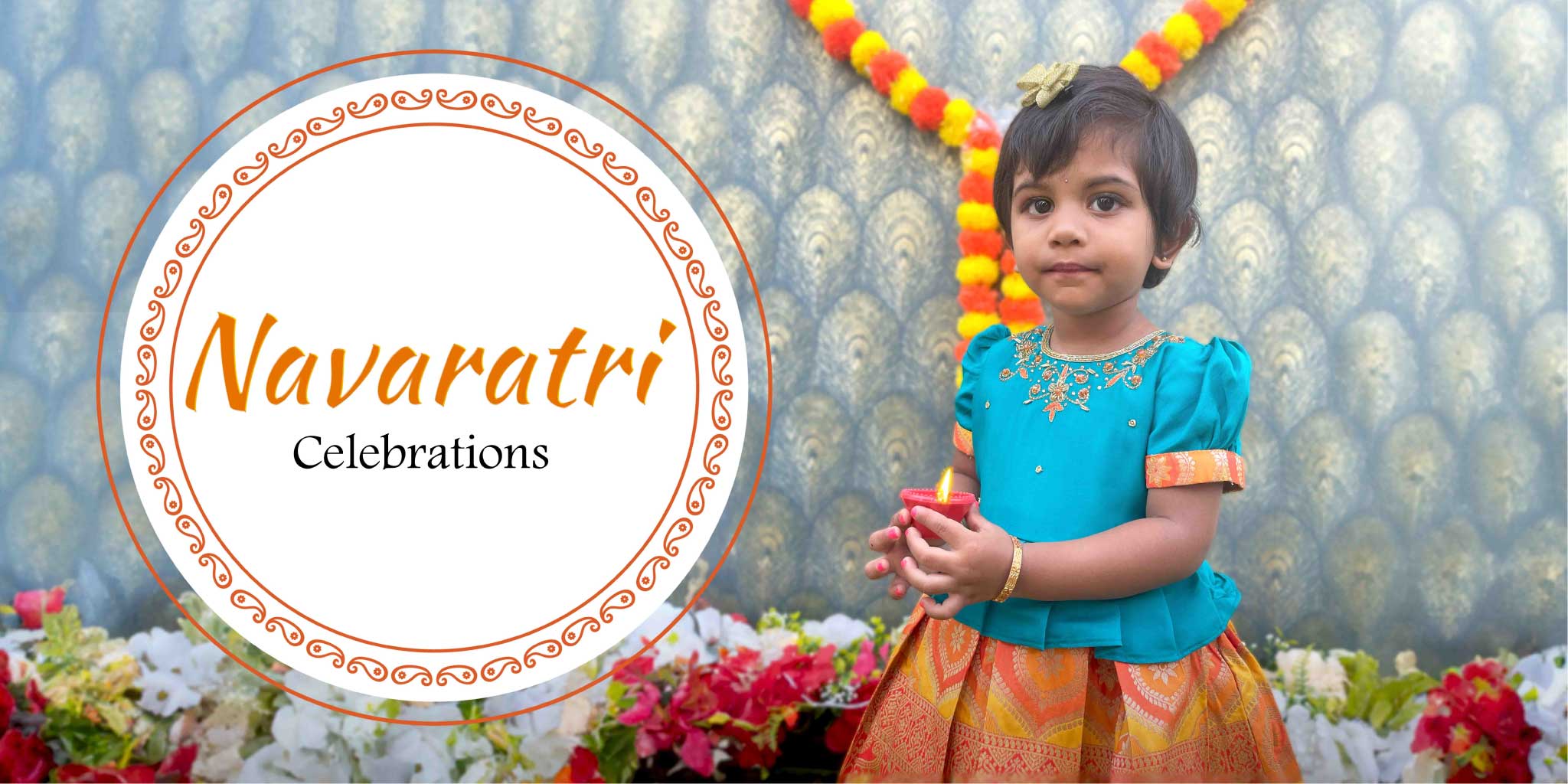Navaratri, a vibrant and joyous festival, celebrates the divine feminine energy and the victory of good over evil. Spanning nine nights, this festival is dedicated to the worship of Goddess Durga in her various forms. Here’s a look at the significance, traditions, and ways to celebrate this auspicious occasion.
The Significance of Navaratri
Navaratri, which translates to "nine nights," is observed twice a year—once in the spring and once in the fall. The autumn festival culminates in Dussehra, which symbolizes the victory of Lord Rama over the demon king Ravana. Each day of Navaratri is dedicated to a different aspect of Goddess Durga:
- **Shailputri**: Represents the power of will.
- **Brahmacharini**: Embodies devotion and penance.
- **Chandraghanta**: Symbolizes courage and bravery.
- **Kushmanda**: Represents the cosmic egg and creation.
- **Skandamata**: Mother of Lord Kartikeya, symbolizing love and compassion.
- **Katyayani**: Represents the fierce and protective aspect.
- **Kaalratri**: Embodies destruction of evil.
- **Mahagauri**: Symbolizes purity and peace.
- **Siddhidatri**: Represents the fulfillment of desires.
Traditional Celebrations
Navaratri is rich in cultural and spiritual practices. Here are some popular traditions:
- Fasting: Many devotees observe fasting during the nine days, consuming a diet of fruits, milk, and special vrat foods.
- Garba and Dandiya: In Gujarat and other parts of India, people gather to dance the Garba and Dandiya, celebrating the goddess's energy through joyful movements and colorful attire.
- Puja and Rituals: Families set up elaborate altars (Golu) and perform daily pujas, offering flowers, sweets, and fruits to the goddess.
- Navratri Mela: Local fairs and events often take place, featuring food stalls, cultural performances, and stalls selling traditional crafts.
Modern-Day Celebrations
While traditional practices remain strong, modern celebrations often blend with contemporary culture:
-**Social Media**: People share their Navaratri celebrations online, showcasing their vibrant outfits, decorations, and festive meals.
- **Sustainable Practices**: Many are opting for eco-friendly decorations and materials, promoting a greener celebration.
- **Cultural Events**: Communities host concerts and dance performances that incorporate traditional and modern music, attracting younger audiences.
Navaratri is more than just a festival; it's a time for reflection, devotion, and community bonding. Whether you participate in fasting, dance, or simply enjoy the festive spirit, this festival offers an opportunity to celebrate life, culture, and spirituality. As you immerse yourself in the colors and energy of Navaratri, remember to honor the goddess in your own way, and embrace the triumph of good over evil in your life.
Wishing you all a joyous Navaratri filled with blessings, love, and harmony! 🌼✨


